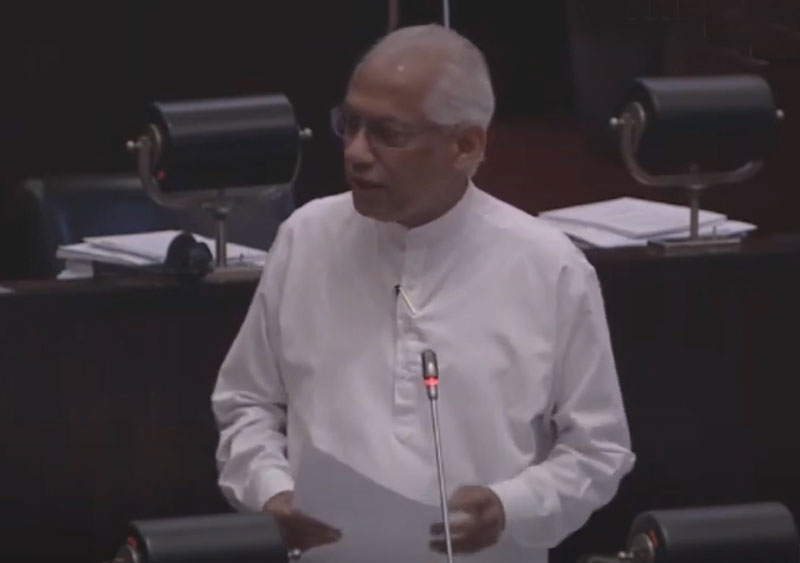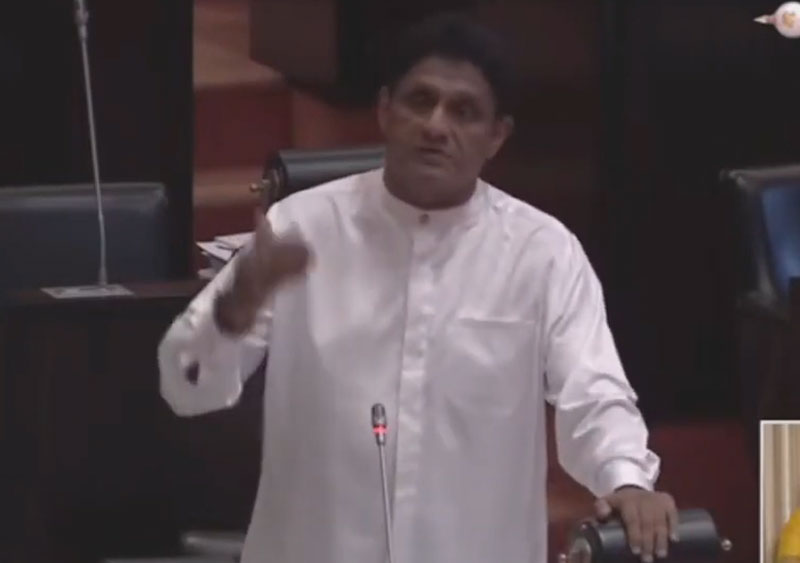Sri Lanka’s domestic lenders will start making a profit in an interest rate-falling environment as bond prices rise, while continuous fall in Government bond yields may make the public debt sustainable, a Bloomberg report said.
Accordingly, Bloomberg said that the yields on local Government bonds were falling even before this month’s unexpected 250 basis-point rates cut by the Central Bank and if the slide continued, the bloated public debt of Sri Lanka may become sustainable.
The report said that domestic lenders would make significant amount of money in a falling interest-rate environment. It added that since bond prices moved in the opposite direction of rates, “the IOUs they buy now will become more valuable in the future”.
While the revival of growth will fix the currently-inverted shape of the yield curve at some stage, lenders will have more opportunities to profit from maturity transformation – borrowing short-term money and lending long-term funds.
“Which is why banks and other domestic institutions should strike a bargain with authorities and agree to write off a part of what they have lent to the Government in the past. The bigger the sacrifice, the greater the reward for everyone,” the report elaborated.
After all, international investors will be more likely to accept a restructuring in which the pain is spread fairly among the three main affected groups: local banks, official lenders, and foreign bondholders. There will be less reason to worry about prolonged legal action by holdout creditors.
Moreover, Bloomberg said that delaying the inevitable haircuts for local banks any further would prolong the uncertainty about their capital adequacy and would make depositors worry about the safety of their money. “The time to take the pain is now, provided external creditors also agree to do the same,” it said.
Further, the report noted that a bank recapitalization plan, costing up to 6% of last year’s Gross Domestic Product (GDP), was baked into the $ 3 billion-IMF loan as a contingency and that it would be best to conclude the ongoing asset-quality review and meet any capital shortages right away so that savers were assured of the safety of their account balances.
“It isn’t just the bond investments that must be written down. Depository institutions have to make provisions against soured loans to the private sector, too. Waiting for tax revenue to build before recapitalization may be counterproductive. That will take time, and more reform,” the report said.
Even as the Government goes about meeting the remaining three-quarters of its commitments to the International Monetary Fund (IMF), Bloomberg said that the financial sector has to work with the monetary authority to achieve the required interest-rate reduction.
The 10-year yield, which was 26% in December, has fallen to 20% while last year’s public debt of 128% of GDP has started to come down. The benchmark needs to decline to about 17% this year.





















